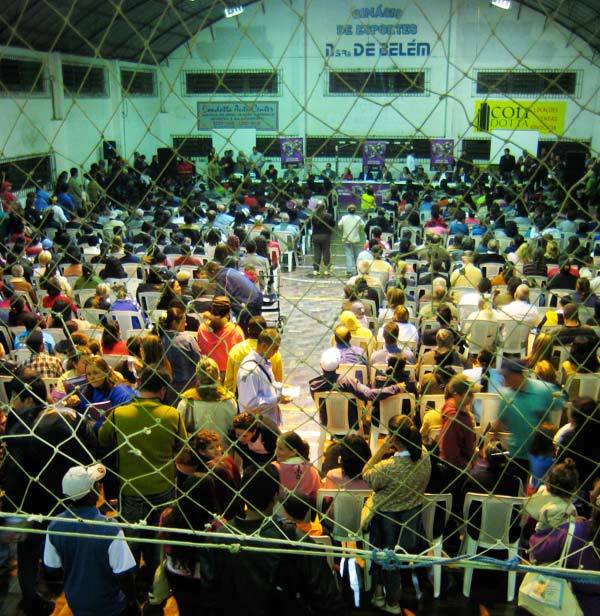 “Participation” is the buzz word when it comes to socially responsible design, but what does it take to achieve genuine community engagement in the production of spaces? And what does that entail for architects and planners? It is a tricky, if at times, slippery slope.
“Participation” is the buzz word when it comes to socially responsible design, but what does it take to achieve genuine community engagement in the production of spaces? And what does that entail for architects and planners? It is a tricky, if at times, slippery slope.
In an interview featured on Archdaily from MONU Magazine’s latest issue on “Participatory Urbanism,” British architect and educator Jeremy Till, known for his writings on the social responsibility of architecture, discusses the contentious nature of participatory processes and the architect’s struggle with relinquishing power.
“Participation can become a politically required token of democratic involvement. Many times it is a kind of fake participation, where architects, planners, or designers pretend to involve people. Here, participation just becomes a necessary part of a political process but it doesn’t actually engage the participants in any meaningful way. Participation can be used in a way by architects and planners to fulfill obligations but not actually reinvent or refresh the way of thinking about a project.”
“Any profession is established on the basis of the expertise and the expertise is used as a form of control. In participation, you have to relinquish that control and become a different kind of professional. You have to acknowledge that your expertise is as good as the expertise of others, but different.”
“The real problem of participation is a social one and that generally only a certain percentage participates, generally people who have interests. You can never reach out to an entire community. But that’s not an excuse for not doing and trying it.”
“If architecture is going to become a truly collaborative, a truly social discipline, then participation, in the true sense of the word, has to be part of that whole new discipline.”
Read the entire interview at Archdaily.
Want to learn more about Participatory Urbanism? Join us March 1st for the live stream of our Open Class with Nabeel Hamdi, visiting professor of our master program who will be leading a workshop on “Participation and Governance.” Architect and professor of Oxford Brookes University, Hamdi is one of the pioneering practitioners of participatory urban planning and author of the landmark publications Small Change and Housing without Houses.

